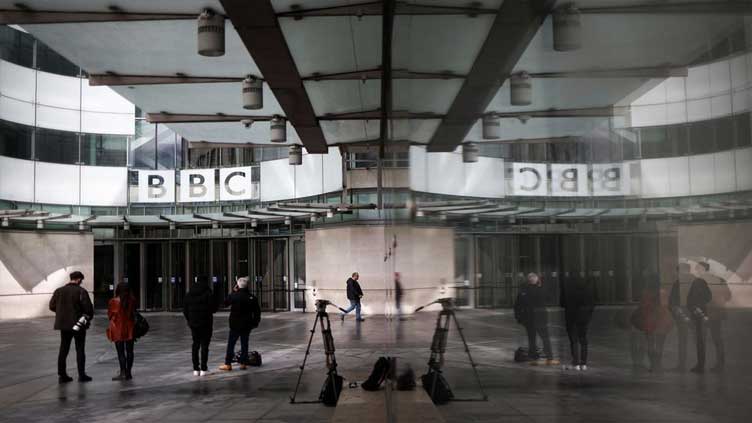Indian court issues summons to BBC in defamation case over Modi documentary

World
Indian court issues summons to BBC in defamation case over Modi documentary
NEW DELHI (Reuters) - India's Delhi High Court issued a summons to British broadcaster BBC on Monday in a defamation case over its documentary on Prime Minister Narendra Modi that questioned his leadership during the 2002 Gujarat riots.
The suit was filed on the basis that the documentary "maliciously defamed India", said Siddharth Sharma, an advocate for Gujarat-based non-profit Justice on Trial that filed the suit.
Sharma said the court issued a summons to the BBC on Monday with the next hearing set for Sept. 23.
A BBC spokesperson said: "We are aware of the court proceedings. It would be inappropriate to comment further at this stage."
Relations between India and Britain have soured after the documentary and a "breach of security" incident at the Indian High Commission in March, at a time when they are struggling to make progress in free trade talks.
India reacted angrily to the documentary "India: the Modi question" that aired in January, calling it a biased "propaganda piece" and blocked sharing of any clips from it on social media.
Tax officials inspected offices of the BBC in Delhi and Mumbai in February and the financial crime agency opened an investigation into the broadcaster in April for alleged violations of foreign exchange rules.
The tax authority had said that it found evidence of undisclosed income in records of an "international media company" without naming the BBC. A government adviser said the inspection was not "vindictive".
The BBC has previously said that it stood by its reporting for the documentary, which was not aired in India, and that it "does not have an agenda".
The documentary focused on Modi's leadership as chief minister of the western state of Gujarat during riots in 2002 in which at least 1,000 people were killed, most of them Muslims. Activists put the toll at more than twice that number.
Modi has denied accusations that he did not do enough to stop the riots and a Supreme Court-ordered investigation found no evidence to prosecute him.

